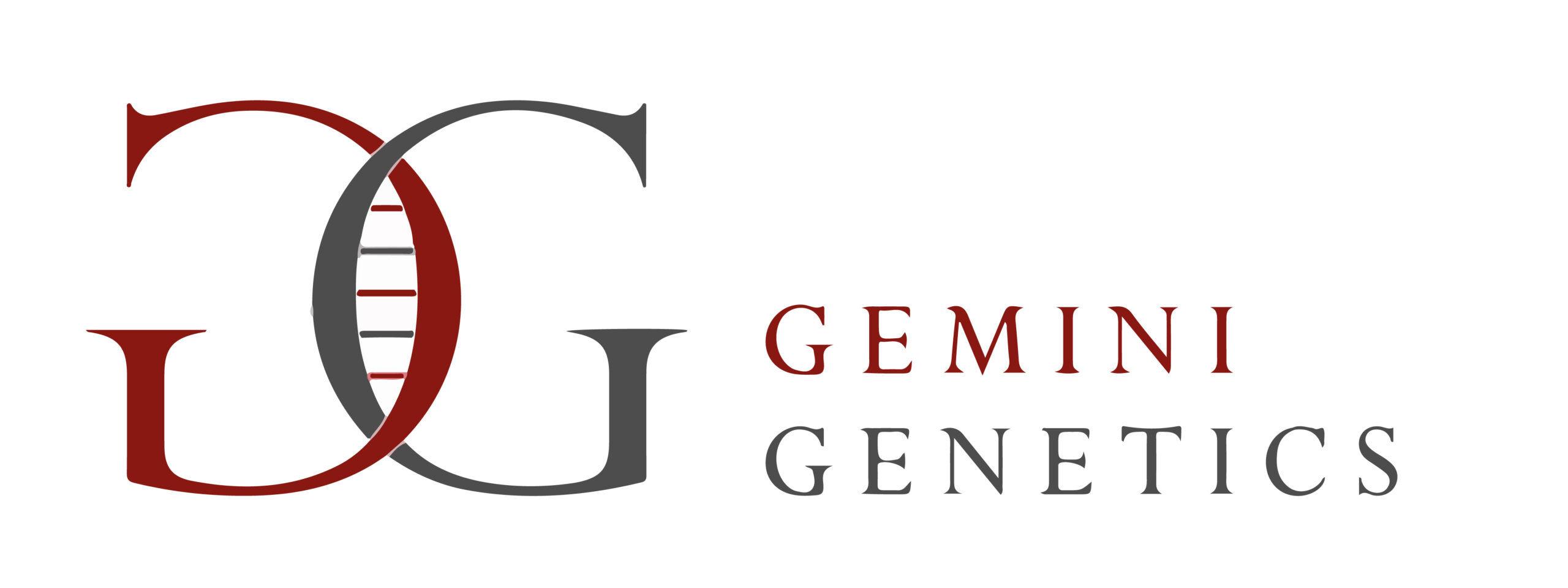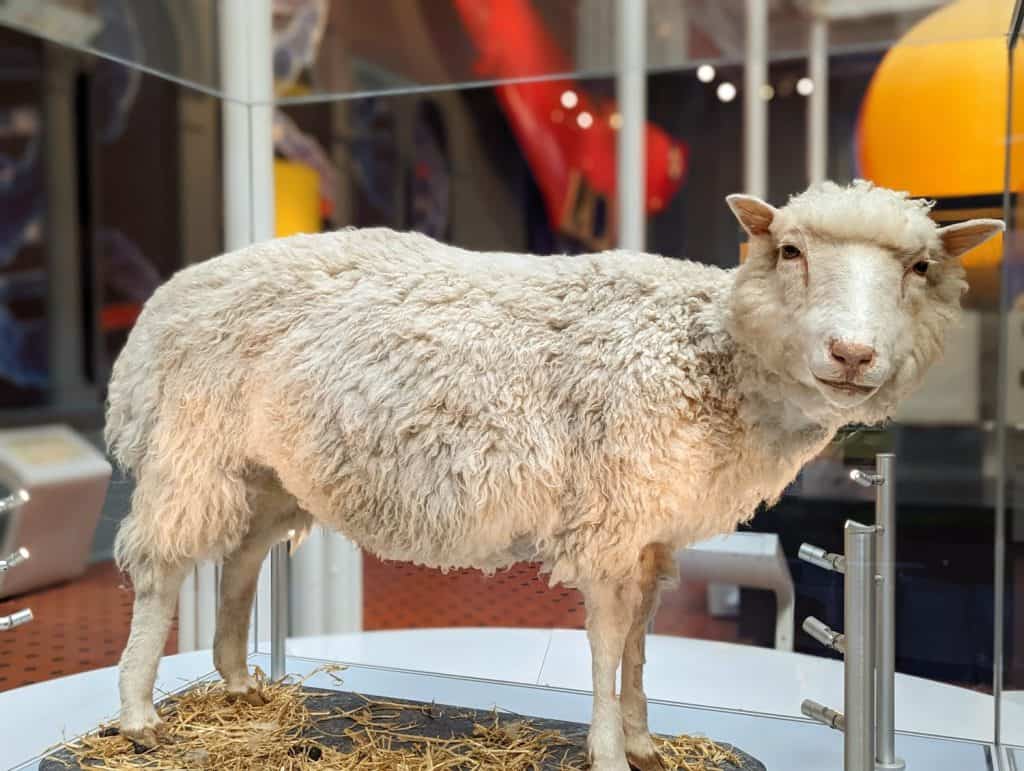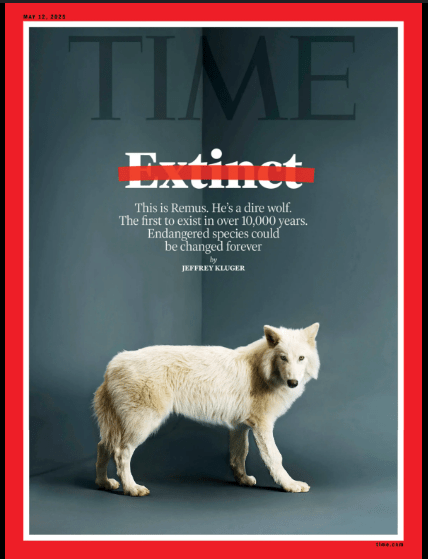Dolly The Sheep - Pioneering the Future of Cloning In the annals of scientific breakthroughs,…
Can I Clone My Dog From Hair?

Can I Clone My Dog From Hair Samples?
A lot of dog owners wonder if their pet can be successfully cloned from a hair sample. Clone dog from hair? Unfortunately, the simple answer is no. While hair can hold sentimental value, it does not contain the living cells needed for cloning. The cloning process relies on intact, viable cells that can be cultured and preserved by our team in the lab. Unfortunately, hair, even with the root attached, does not provide these types of cells.
Hair is made up of keratin which is a protein, and does not contain the living fibroblast cells needed for the cloning process. Even if you have a hair sample with a hair follicle still attached, the cells are usually dead or too degraded to use for cloning. This is why, at Gemini Genetics, we cannot use hair samples for our genetic preservation and cell culture services.
What About Other Samples?
There are many other types of samples that dog owners think may be suitable for cloning but here is why we only accept skin samples:
Blood:
Blood samples are sometimes useful for DNA verification but cannot be used for cloning. We offer an independent DNA profiling service to establish a full genetic profile for your dog that requires a small blood sample. You can find out more about this service in the price list tab on our website: Price List: Cloning at Gemini Genetics.
Teeth:
Teeth are made up of hard mineralised tissue and do not contain living cells, making them unsuitable for cloning!
Saliva and Urine:
These fluids unfortunately do not contain the viable cells required for cloning.
What Samples Are Suitable For Dog Cloning?
For dog cloning, we require a small skin sample, containing living fibroblast cells. These cell types are ideal because they are reliably cultured in the lab and also contain your dog’s full genetic profile. Skin samples are usually 6mm biopsy punches for both post-mortem and live sample taking upon veterinary discretion, and a 2cm x 2cm ear snip for post-mortem samples only. For more information about sample taking instructions, please consult the Emergency tab on our website: Emergency Cat & Dog Cloning Instructions
In conclusion, if you are considering preserving your pet’s genetics, it is important to collect the appropriate skin samples. If you have any questions about the process or need help navigating your pet cloning journey, you can email us at info@geminigenetics.com
For more information about our genetic preservation and cell culture services, you can consult our online company brochure here: Gemini-Genetics-Company-Brochure-2025.pdf
For more information about our US-based cloning partners, you can consult their website here: www.viagenpets.com



